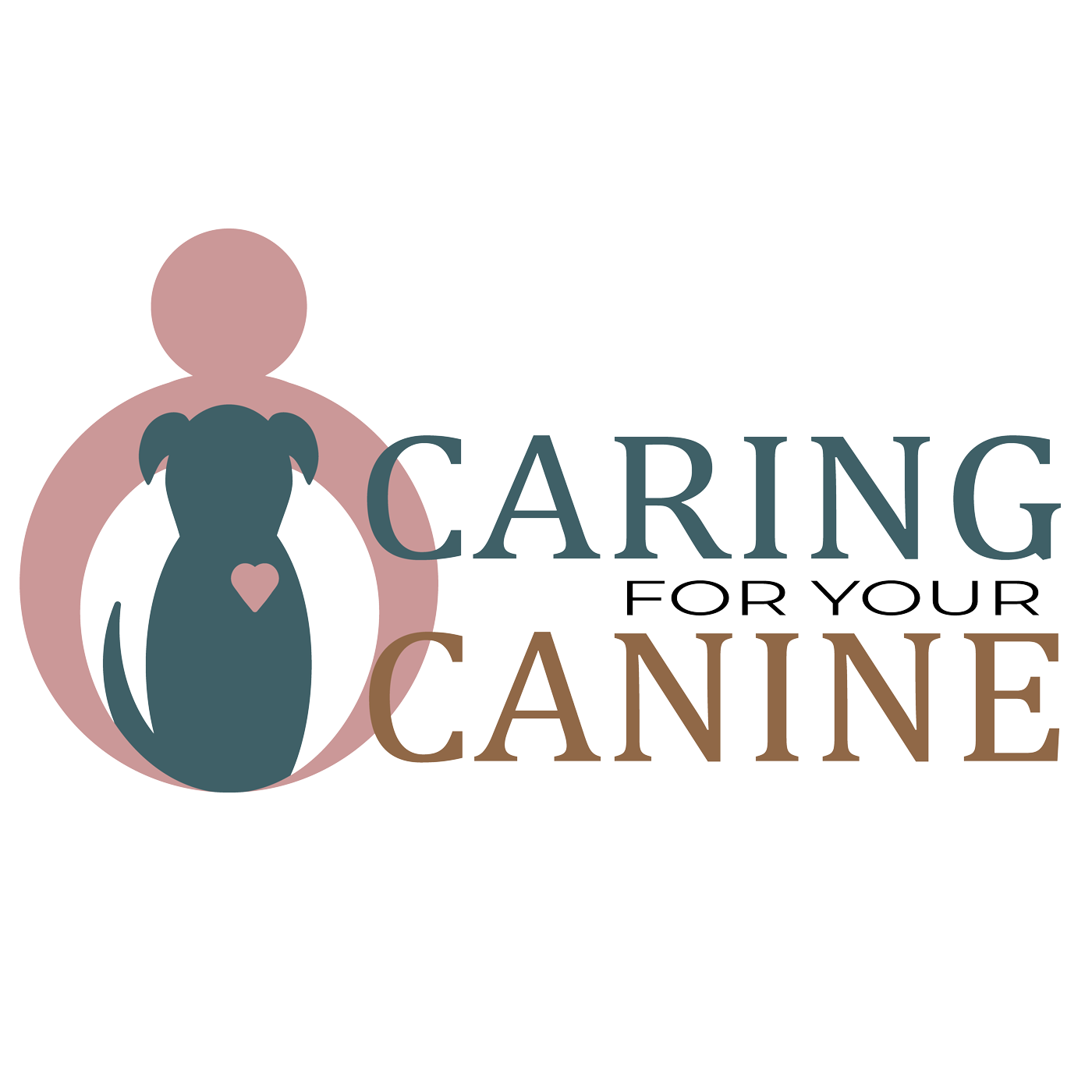The Christmas season is a time of warmth, joy, and togetherness—or at least, that’s how it should be. For many of us, this festive time comes with changes to our routines: we cook and eat differently, welcome visitors, or visit others. These changes, though exciting, can also be overwhelming—for both you and your dog.
During the holidays, stress can build up faster than usual. This doesn’t only mean “bad” stress; positive experiences can also contribute to elevated stress levels. For example, the excitement of new activities or extra treats can throw your dog’s nervous system out of balance.
So how do you ensure your dog stays safe, calm, and happy during this festive season? Here are some essential tips to navigate Christmas with your furry friend.
Safe Christmas food tips for your dog
Christmas often brings special dishes and treats to the table—but some of these can pose serious risks to your dog. Whether you’re hosting guests or visiting family, it’s important to keep an eye on what your dog might get into. Trash cans, leftovers, and curious children can all lead to accidental ingestion of harmful foods.
Here are a few common hazards to watch for:
- Cooked bones: Unlike raw bones, cooked or heated bones can splinter. If ingested, these splinters can cause severe damage to the gastrointestinal tract, which could even be fatal.
- Satay sticks and skewers: These can smell irresistible to dogs, but swallowing them can lead to punctures and infections as they “travel” through the body.
- Xylitol in sugar-free gingerbread: Many sugar-free holiday treats contain xylitol, a highly toxic substance for dogs. Even a small amount can cause severe liver failure or coma. Look out for labels that mention “birch sugar” or “E967,” as these also indicate xylitol. Check labels!
- Chocolate: Chocolate contains theobromine, which is toxic to dogs. The darker the chocolate, the higher the risk. White chocolate is not harmful in this regard, but it’s still best avoided.
If you suspect your dog has ingested any of these items, contact your veterinarian immediately.
Managing your dog’s stress during the holidays
Your dog didn’t choose Christmas—you did. While we can tolerate a bit of chaos for a while knowing it will be over in a few days, your dog doesn’t have the same understanding. That’s why it’s vital to create opportunities for your dog to relax and recharge during this busy season.
Here are a few practical tips to help your dog unwind:
- Set up a safe zone: Create a dedicated, quiet space in your home where your dog can retreat when things get overwhelming. This could be a separate room or an area sectioned off with a baby gate. Visitors, especially children, should not have access to this space.
- Provide calming activities: Give your dog something soothing, like a stuffed Kong or a chew toy, to help lower adrenaline levels and promote relaxation.
- Make the space safe: Remove anything your dog could chew or destroy, such as houseplants or fragile items.
- Consider using a pet camera: If you’re worried, use a pet camera or baby monitor to check on your dog without disturbing their rest.
If you’re visiting family or friends, assess whether bringing your dog along is the best choice. Sometimes, leaving them at home with a trusted pet sitter can be a much less stressful option.
Why dogs need balance during the holidays
The nervous system has two key parts: the sympathetic (activating) and parasympathetic (calming) systems. To feel balanced, both systems need to work together. During Christmas, excitement—even the positive kind—activates the sympathetic system, increasing stress hormones and reducing resilience.
To help your dog regain balance, ensure they have plenty of opportunities to rest and let the parasympathetic system do its calming work. This could mean quiet time away from the action or a relaxing walk in a familiar environment. Ample opportunities for a recharging sleep are also essential.
Travel tips for holiday visits with your dog
If you’re bringing your dog along to family gatherings, prepare in advance to keep them comfortable:
- Pack a “dog travel kit” with their owbn food, a favorite blanket, and calming toys.
- Stick to your dog’s regular feeding and bathroom schedule as much as possible.
- Find a quiet spot at the place where you and your dog are staying where your dog can retreat if needed.
If your dog struggles with being left alone, plan visits around their needs or consider alternatives, such as shorter trips or hiring a pet sitter.
Wishing you and your dog a joyful holiday season
Christmas is a time to celebrate love, family, and togetherness—including our beloved dogs. By planning ahead and taking a few precautions, you can ensure the holidays are safe and enjoyable for everyone—paws included!
Have a wonderful and relaxing Christmas!
Have questions or tips about keeping your dog safe during the holidays? Leave a comment on facebook or instagram and let’s help each other make this season as dog-friendly as possible!


 Want to receive 5 tips for your senior dog in advance?
Want to receive 5 tips for your senior dog in advance?